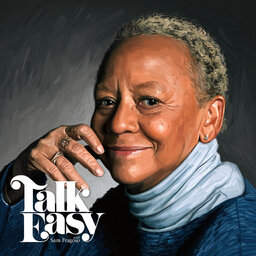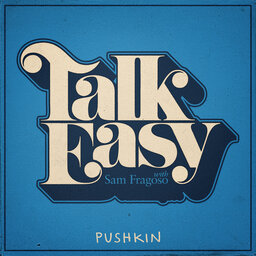Understanding the Midterms with Reporter Astead Herndon (The New York Times)
With the US midterms approaching, we’re joined by New York Times political reporter and host of The Run-Up, Astead Herndon. We start by examining this “relentlessly disorienting time” in America (5:10), where the pendulum of democracy (7:40) will be swung by four voting blocs this November: The Skeptical Trump voter (9:50), The Young Voter (13:15), The Disillusioned Democrat, and The NON-MAGA Republican (15:47).
In the back half: what Democrats previously believed to be “demographic destiny” (21:48), the media’s oversimplification of the electorate (24:02), and why President Biden has recently moved away from his message of unity (29:50). To close, Herndon outlines the importance of grassroots reporting (38:05), a potential autopsy for the Democratic Party (43:16), and how democracy itself is on the ballot this November (47:12).
In 1 playlist(s)
Talk Easy with Sam Fragoso
Talk Easy with Sam Fragoso is a weekly series of intimate conversations with artists, activists, and…Social links
Follow podcast
Recent clips

The Year of Actor Sebastian Stan (‘The Apprentice’)
1:16:35

Remembering Poet Nikki Giovanni
44:21

Talk Easy in 2024: A Mixtape
58:40
 Talk Easy with Sam Fragoso
Talk Easy with Sam Fragoso